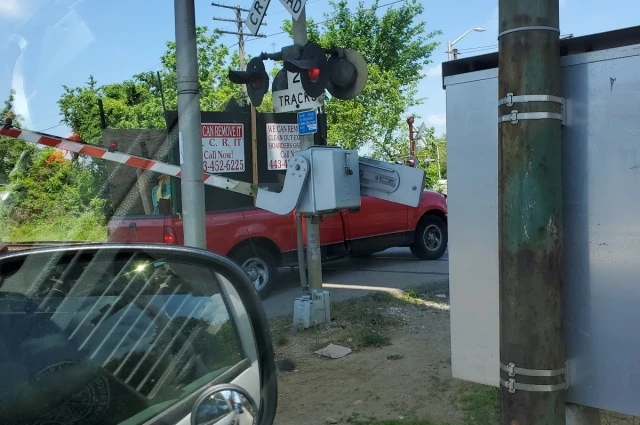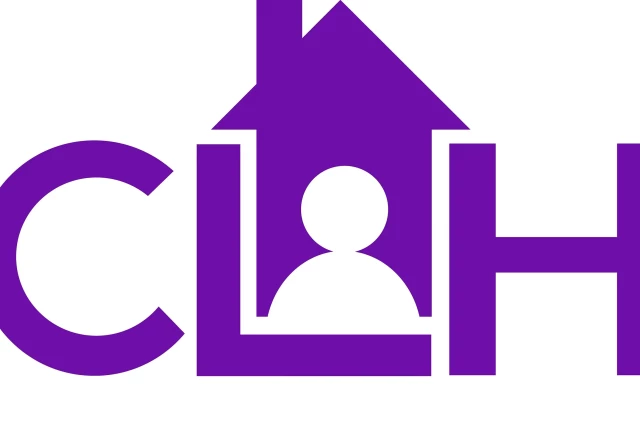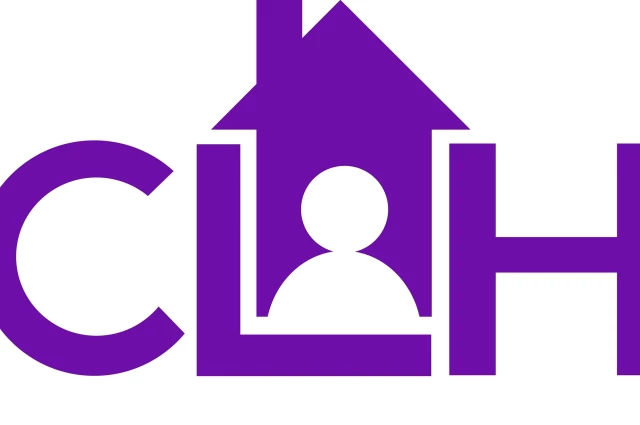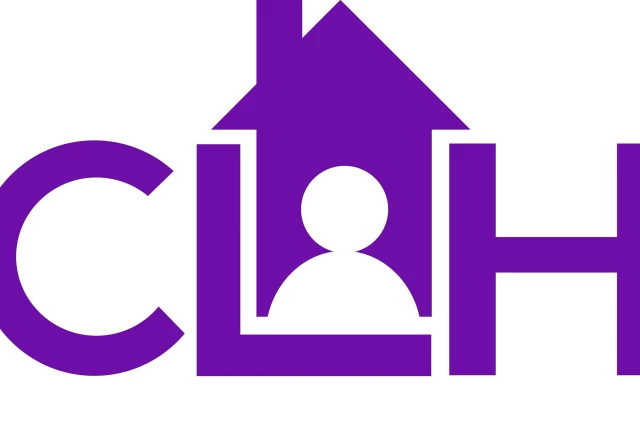Changing Lives at Home Mental Health Information
Treatment
Who We Treat
- Teens / Adolescents
- Young Adults (18–25)
- Adolescents
- Male and Female
Treatment Focus
- Adolescents
- Drug Addiction
- Women
Approaches
- 12-Step-Based
- Individual Treatment
- Family Involvement
- Twelve Step
- Family Therapy
- Group Therapy
- Cognitive Behavioral Therapy (CBT)
- 1-on-1 Counseling
- Life Skills Training
Conditions We Treat
- Depression
- Trauma
- Co-Occurring Disorders
Substances We Treat
- Benzodiazepines
- Prescription Drugs
- Heroin
- Opioids
- Cocaine
- Synthetic Stimulants (Bath Salts)
- Synthetic Drugs
Languages
- English
Aftercare
- Outpatient Treatment
- Support Meetings
Level of Care
- Outpatient
Experience
Personal Amenities
- Private or Shared Rooms
- Air-Conditioned Rooms
On-Site Activities
- AA/NA Meetings
Smoking and Vaping Policy
- Smoking Allowed in Designated Areas
- Vaping Allowed in Designated Areas
Accreditations
-
State mental health department
State mental health department accreditation refers to the process of evaluating and certifying the quality and standards of a state's mental health department, ensuring that it provides high-quality services and meets specific criteria for mental health care. The accreditation process is performed by a third-party organization and helps to improve the overall care and treatment of individuals with mental health conditions.
-
State department of health
Government agencies issue State Licenses, granting rehabilitation organizations permission to operate their businesses legally within specific geographic regions. The licenses needed for legal operation are typically determined by the type of rehabilitation program offered by a facility and its physical location.

-
The Joint Commission
The Joint Commission accreditation for addiction and behavioral health signifies that a facility has met rigorous standards in patient care, treatment, and safety. This recognition assures patients and professionals of the facility's commitment to providing high-quality, evidence-based care in the fields of addiction and behavioral health, fostering trust and confidence in their services.

-
Council on Accreditation (COA)
The Council on Accreditation (COA) is a non-profit that provides accreditation to human services organizations to ensure they meet high standards in service delivery. The accreditation process involves evaluating the organization's policies, practices, and services to meet specific standards.
Changing Lives at Home Mental Health Accepts The Following Insurance Plans
Find the best treatment options. Call our free and confidential helpline today!




